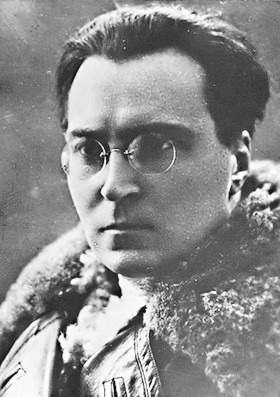In Honor Of The 142nd Anniversary Of The Paris Commune-On The Barricades- Theresa Dubois’ Journey.
She had heard that they needed help over on Rue Martin, that the barricade work there had gone slowly and that if that barricade was breeched before completion then the whole northern front of Paris was in danger, was in danger from either the gruesome Germans, or worse, the vanquished Theirs government if it ever got its act together and tried retake Paris, retake their Commune, with or without German help. So she, Theresa Dubois, all of sixteen, all of sound working- class background, all of bright-eyed idealism and all of, well, all of fetching, fetching in non-revolutionary times when more than one stout-hearted working class gallant would take dead-aim at that fetching manner of hers. But these were revolutionary times, or Theresa acted on that premise and attempted, foolishly attempted, to hide that beauty beneath shabby boys clothing and unkempt hair. And nobody, no man young or old, at the Rue Moulin barricade tried to do more that out- do each other in showing one Theresa Dubois what a great barricade builder he was.
But revolutionary fervor, revolutionary elan, and revolutionary idealism would all go for naught if that Rue Martin intersection did not hold and so Theresa and her younger sister, Louise, also dressed in boys clothing slipped away to the other desperate location. Along the way, along the fifteen or twenty blocks it would take to reach Rue Martin before dark the sisters talked, mostly sisterly talked, girl talk in low voices about this or that young man who did, or did not, measure up on the barricade work at Rue Moulin but also as they drew nearer about what they expected, what they hoped for once they had secured their Commune. That got them to thinking about the new schools that were being talked about, the new schools where girls, girls like them, would be encouraged to learn, book learn, or trade learn as the case might be, and about the right to vote for women that seemed unbelievable just the previous year, and about having time to just sit along the Seine and daydream. [They also talked about whether the new government, or the doctors assigned to the problem, would be able to find a way so they didn’t have to deal with their “period” a cause of painful troubles for both girls. They weren’t sure that the government would be able to do anything about it. In any case they both agreed that they were too modest to ask anybody to anything about it even if they could.]
Upon reaching the Rue Moulin fortifications they were appalled by the sloppy and incomplete work previously done there. They immediately, with all the fervor of young revolution, went hither and yon to move the several young men who were dallying around the spot to get moving. And something in the manner of the young women (or the age- old sight of two women, young and fetching, in a man’s world) got the men moving.
Now barricades, at least in Paris, at least since the revolution of ’89 of blessed memory were something of an art form, something that in the best cases not only protected what they were intended to protect against unwanted intruders from whatever source but were hospitable as well. And so the sisters, Theresa in the lead, set about showing the young how to make their “new home” a new home. Logs and paving stones out front, varies wires, pickets, and ropes to retard any offensive advance from the opponent and behind overhangings to protect against all weathers. And then the furnishings (the young men had foolishly thrown many chairs helter-skelter on the pilings and were sitting on stumps) to make the place reasonable to while away the sentry duty hours.
When dusk settled in they stopped for the evening and one of the young men made some stew, which they all ate greedily. While sitting around the campfire that night to keep warm, Theresa noticed a young man, Laurent, a young man who had done much work strengthening the barricades once the two sisters took charge, was looking in her direction. And she flushed, was looking back…




